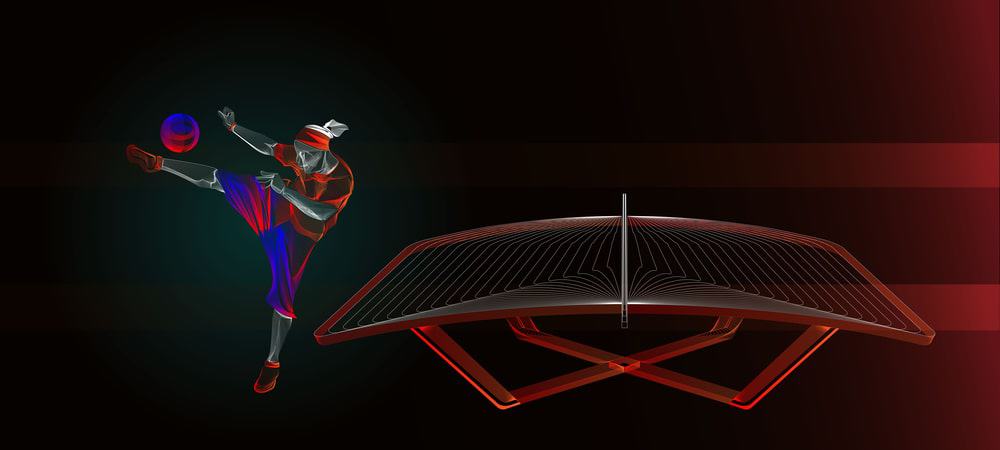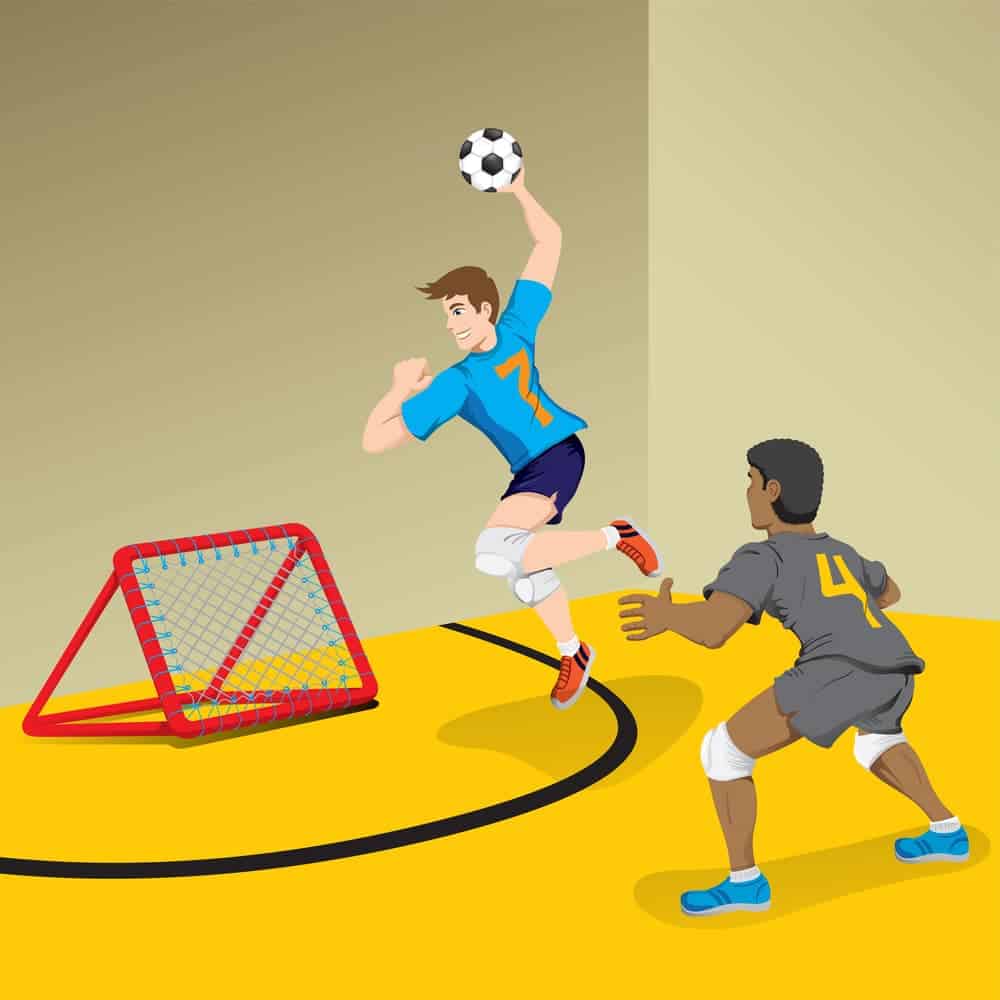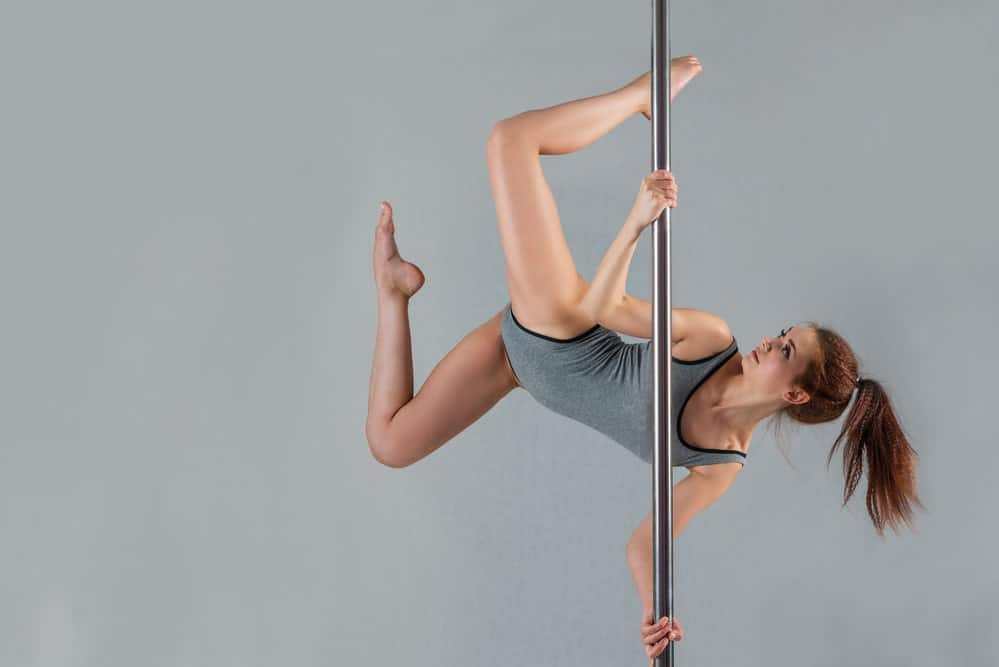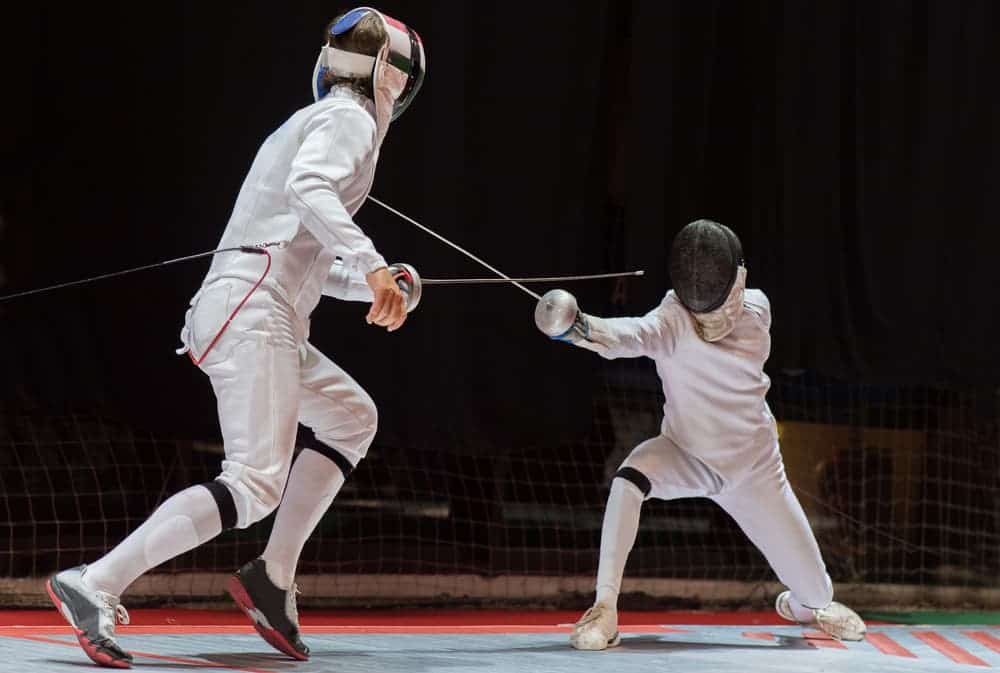Comprehensive Guide to Starting a Fishing Hobby
Are you planning to turn your fishing interest into a hobby? Or you’re simply looking for hobby fishing 101? Whichever the case may be, then you’re just in the right place. This article provides extensive details on everything there’s to know about starting a fishing hobby and other valuable information to help you become a pro angler.
What Is Hobby Fishing?
Fishing, also known as angling, describes the process of hunting or catching fish and (or) other marine and fluvial species found in different areas and depths of water, including the river, sea, clean water, and freshwater. People fish for various reasons including for food, sport, hobby and/or commercial purposes.
Hobby fishing involves the activity of catching fish for sport or leisure. Although initially, fishing was practiced explicitly as a means of getting food.
Angling has existed for thousands of years, with evidence dating back to around 2000BCE and other references found in Roman, Greek, Jewish, and Assyrian writings.
Fishing is still widely practiced today, regardless of the increased use of rivers and lakes. Like ancient anglers, modern fishers struggle with the best places to find fish and appropriate techniques for seamless fishing.
The angler needs to know the best weather and wind for fishing, quarry nature, and the ways of the water they fish in. We aim to help you understand all these tricks and techniques to help you get started with hobby fishing.
Why Is Fishing Fun?
The most intriguing aspect of a fishing hobby is the fun and excitement that comes with it. The new experience on each fishing trip, the scouting process, the water stillness, angling focus, and the joy you feel after catching fish make this hobby incredibly exciting and worthwhile.
For a start, there’s no guarantee you’ll catch fish. You may be unsuccessful several times, but the most crucial thing is not to give up. As with any hobby, there are techniques to be refined, equipment to be changed, and after a few trials and errors, you’ll eventually catch a nice fish to get you hooked on hobby fishing as a life activity.
4 Reasons Fishing is Enjoyable
Here are four of many reasons that fishing is fun and enjoyable:
1. It’s relaxing
While some may consider it boring, a fishing hobbyist will call it relaxing. This leisure activity can help clear your mind from the worries and stress you might be experiencing in your everyday life.
2. A great getaway
Fishing is an incredible way to get away from day-to-day responsibilities or work and have some time for yourself. The sites and sounds of nature can be rejuvenating.
3. The search
Searching for fish in different water depths can be a puzzle to be solved. With time, you’ll get to learn the best areas to get various types of fish and appropriate baits to use for each case. There are many different tactics that can take a lifetime to perfect.
4. The camaraderie
Fishing offers the chance to spend enough time with friends and family while enhancing friendship. Finding camaraderie in a fishing team makes the angling hobby even more exciting and adventurous as you can share anything you want. Beer may become your fishing drink of choice, based on your choice in fishing buddies.
5. The education
Angling will help you learn about fish and other marine species. Understanding where they like hanging out, preferable conditions, what they like to eat, water tides and many other factors are a science.
Benefits of Becoming a Fishing Hobbyist
Hobby fishing is not only fun but much more. It has other vast advantages that make it a top choice activity regardless of the ease modern technology brings. Some of the benefits you’ll enjoy as a fishing hobbyist include:
1. Recreation
Fishing is one of the most ancient but highly fulfilling recreation activities. You can always find solace and pleasure while hunting for fish instead of sitting at home sleeping or doing house chores. Most savvy anglers will confirm that fishing enjoyment is purely from the activity itself, not the number of fish caught.
2. Health benefits
Angling is usually associated with happiness and good mental and physical health. Gripping the fishing hook while waiting for fish to bite the bait and reeling it isn’t usually a simple task. It requires energy and intensely exercises your entire body.
Many forms of fishing require physical work to complete. Whether it’s loading a boat or hiking to your spot, there are many health benefits to fishing.
The thrill associated with fishing helps release happy hormones (dopamine), essential for mental health.
3. Self-fulfilment
Nothing’s more exciting and motivating than self-fulfillment. The fishing process can make you feel self-fulfilled while educating you on important aspects of life, such as patience, goal-setting, and commitment.
After successfully catching your first fish, the success and self-accomplishment you feel will be one of a kind, a tale to tell for eternity. Probably a nice photo opportunity as well.
4. Stress buster
The freedom, calmness, and peace of mind you get while fishing can significantly relieve you from stress. The experience and environment found on the water are usually different from that of ordinary life. It’s normally pleasurable, and if you interact with it well, it can be your top escape space whenever you feel like you need a break.
5. Best shot for social bonding
Bonding is another excellent reason to consider fishing as a hobby. You can develop stronger relationships and have deep, meaningful conversations with your loved ones and friends over a fishing trip. It’s also a great way to network. From chartered fishing trips to sitting at the lake, the bonds will only grow stronger.
6. Fresh food source
The thrill and taste of fresh fish and other seafood is nothing compared to preserved fish. Besides the freshness, wild fish is protein-rich and a good choice for many.
What Are Some Different Fishing Techniques?
Fishing techniques come in many types, all offering different opportunities and experiences while on the water. The standard methods you can consider are:
1. Netting
This fishing technique involves catching fish with a fishing net. Fishing nets come in many forms and sizes. The one you decide to use will depend on the water and fish type you’re planning to catch.
2. Noodling
Noodling refers to fishing using hands, primarily practiced in the Southern US to catch catfish. You get fish by placing your hand into the hole the fish lives.
3. Spearfishing
In this fishing technique, you’ll utilize an ordinary spear or its variants like arrows, spearguns, tridents, and harpoons to catch fish.
4. Angling
Angling describes fishing with hooks, a rod, and a line. Usually, bait is attached to the hook and weighted using a sinker for easy fish hunting.
5. Bottom fishing
From its name, bottom fish targets to catch fish found at the bottom end of the water. It involves angling using a heavyweight sinker and can be practiced from land or a boat.
6. Ice fishing
Ice fishing is usually done when water is frozen. You catch fish by angling your hook on a hole in the iced water.
7. Kite fishing
This fishing method utilizes kites to transfer fishhooks and lines to uneasily accessible fishing areas. It was first invented in China, and most Pacific Islands and New Guinea still use it today.
8. Trapping
Trapping involves fishing using traps. These traps are usually designed to allow fish to get in but not exit and may vary based on the fish/marine species being hunted. For example, lobster traps are more miniature than basket traps but contain more compartments.
What Fishing Gear Is Required for Beginners?
There is lots of equipment to consider when you start a fishing hobby. However, the gear you select may vary based on the type of fishing you want to use and the water you’re fishing in. The most common tools to keep in mind are:
1. Rods and reels
2. Fishing lines
3. Hooks- Single hooks are the best for beginners
4. Bait- What you’ll attach on hooks to attract fish. It can be live bait like worms or artificial bait (lures)
5. Sinkers- To allow the lightweight hook and bait to sink below the water
6. Swivels- Helps to ensure the bait spins freely during fishing
7. Needle nose pliers- Help to separate hooks from the catch
8. Clippers/scissors- To cut fishing line
9. Sunscreen and hat- To protect you from sunburn
10. Fishing license. It’s advisable to check with your state law
Where Can I Fish as A Hobby?
The world is full of scenic and exciting places you can go fishing for leisure. You can start at your local lake, or take a short drive to a nearby river. If you have access to a coast, the oceans and seas are full of fun adventures.
You can go further if you have a boat, you can go really far if you feel like an excursion, you can go extravagant by taking a helicopter to remote waters, or you can simply sit on the side of any nearby body of water (where it’s legal to fish) and leisurely throw your rod in the water.
Chartered fishing trips are a great experience to help you get started. Although often pricey, these trips will provide you everything you need to get started. All you really need is good company and some warm clothes.
What are Some Great Fishing Destinations?
These great fishing destinations have unique features and fish types that make them exclusive for fishing. Some of them include:
1. Prince Edward Island, Canada
This spot is famous for its numerous bluefin tuna, with weight not recorded anywhere else in the world. It allows most forms of fishing, including from land and on the boat. Legally, this place is a catch-and-release fishery, but boats can keep 1-2 fish every season.
2. Malindi, Kenya
The waters of Malindi offer an excellent spot to achieve a fantasy or billfish royal slam. It contains all billfish species and other fantastic fish types you can catch in many ways. You can utilize the offshore charters and crews available eat the area to help you navigate the waters or learn certain things you’d like to know.
3. Key West, Florida
Key West is one of the breathtaking, world-class fishing grounds you wouldn’t want to miss visiting as a fishing hobbyist. The reefs, flats, blue waters, ambiance, and numerous offshore charters and inshore guides make this place a convenient fishing area, even for starters.
4. Panama
Panama’s rugged coastline with countless nearshore reefs and headlands, plus the prolific offshore seamounts, make it a great fishing spot for anyone.
What Should I Learn Before I Take Up a Fishing Hobby?
While fishing is a simple and fun activity, it can be tedious and complex if you don’t know what to do. Therefore, it’s essential to learn several vital tricks or techniques to fully enjoy a fishing hobby. Some of the skills you should learn are:
- Patience
- Casting
- Reeling
- Baiting
- Stealth
- Reading the water
Take Up Fishing as a Hobby
Fishing is an excellent hobby with many benefits. With practice, experience, and the right skills, you can fish in any water, including rivers and seas.
A pro tip for beginners is to not quit. Fishing mainly involves trial and error. At first, you may fail to catch even a single fish, but with time, you’ll learn and perfect this activity then enjoy all the vast benefits that come with it.
There’s more to fishing as a hobby than just catching fish, it’s the entire experience that goes with it.










